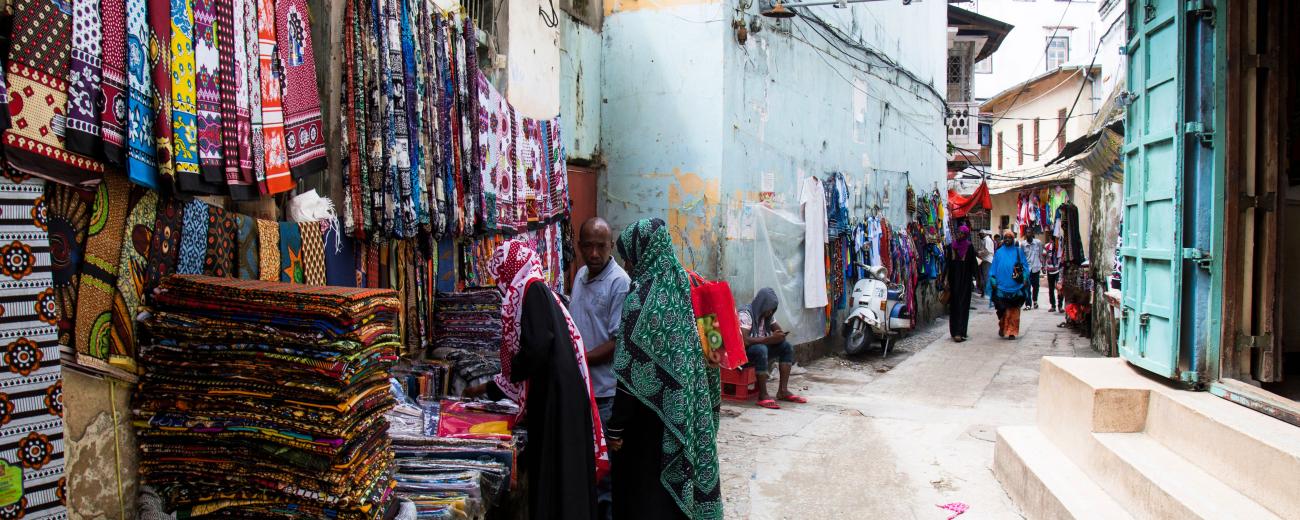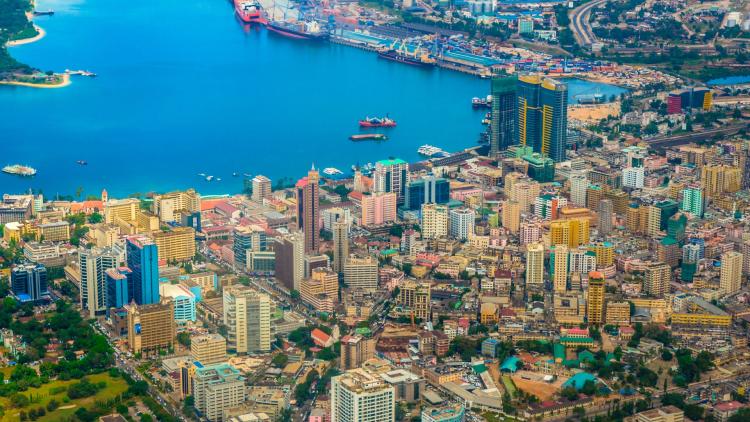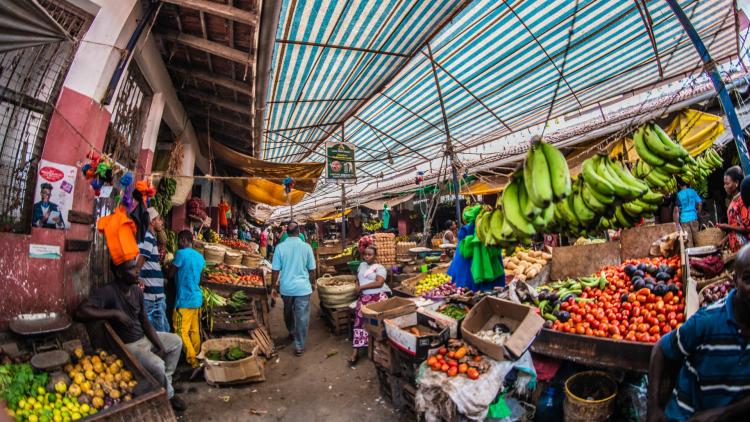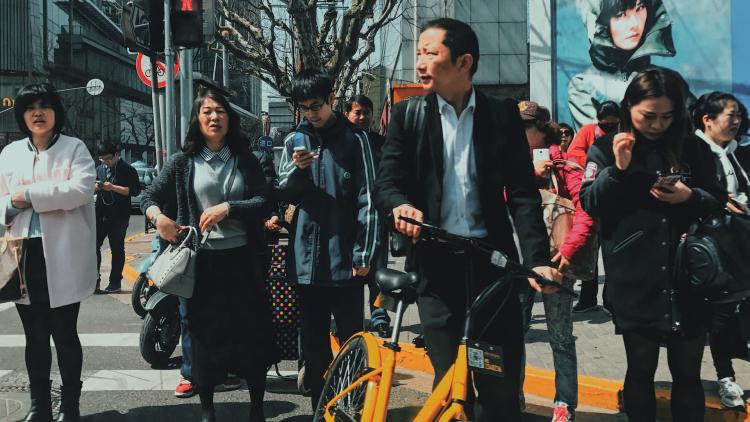Want to learn Swahili? Learn at SOAS and study abroad in Tanzania and Kenya



How popular is Swahili?
Spoken by roughly 200 million people in Eastern Africa, Swahili (or Kiswahili as it is called in the Swahili language) is the most widely spoken indigenous African language. As well as being an official language of several countries (Tanzania, Kenya, Uganda, and the Democratic Republic of the Congo) and a lingua franca for the entire region, Swahili is an official working language of the African Union and has even been introduced in schools in South Africa, Botswana and South Sudan.
The history of Swahili at SOAS
Due to its widespread usage and relatively easy structure and pronunciation, Swahili is the most popular African language to study at SOAS. The Swahili programme at SOAS dates back almost a century, and famous alumni include the American human rights activist and musician Paul Robeson, who studied Phonetics and Swahili in 1934. SOAS Library is also home to many rare Swahili manuscripts dating back to the late 18th Century.
Study Swahili at SOAS and have the opportunity to study abroad
One of the best things about studying Swahili at SOAS is the opportunity to study abroad in Tanzania and Kenya as part of your degree. Currently, SOAS study abroad options are a Summer Abroad at the State University of Zanzibar (SUZA) on Zanzibar Island, or the Year Abroad, which includes one term at SUZA and one at Kenyatta University in Nairobi, Kenya. These programmes provide an opportunity for total immersion in the language and a steep learning curve on the long path to fluency.
During the undergraduate year abroad, you spend term two at Kenyatta University in Nairobi, where you stay in the halls of residence and get the experience of living in an African university: you can join societies, play sports etc. There is also a trip to Mombasa on the coast. Term 3 is when you are expected to be writing your final essay in Swahili, and you can do this from anywhere: most of our students travel around East Africa then or take a work placement position.
The experience of studying overseas and immersing myself in Zanzibari and Lamu life was incredible and something I wish I could do over and over.
The postgraduate summer abroad is available on the MA African Studies and Intensive Swahili programme and can be combined with other disciplines as part of MA … and Intensive Language (Swahili), such as Anthropology (MA Social Anthropology, MA Migration and Diaspora Studies or MA Anthropology of Food), MA History and MA Linguistics. Meanwhile, undergraduate degrees in BA Languages and Culture (Africa Pathway) and BA Africa and Black Diaspora provide both summer and year-abroad options.
While studying intermediate/advanced level Swahili language at SOAS, students will cover a wide variety of topics relating to Swahili culture and society alongside the language itself, such as literature, politics, religion, music and history.
There will also be many opportunities to attend and contribute to Swahili-related events happening at SOAS, such as the annual Swahili Conference ‘Baraza’ and the London Swahili Speakers meet-up group. It is now possible for students from outside the university to study Swahili at SOAS as an Associate Student, with the credits contributing to their degrees elsewhere.
What is a day studying abroad like?
While studying in Zanzibar, you attend classes in the morning from 8-12 pm and have the rest of the day to do what you want, including finding a local volunteering opportunity. The university takes students on study trips to spice farms and historical places such as Manga Pwani. At weekends, you can go out of town to amazing white beaches or visit other islands by boat.
You will inevitably get lost walking around the labyrinthine network of narrow streets which make up Stone Town, also known as Mji Mkongwe (Swahili for 'old town'), which was designated a UNESCO World Heritage Site in 2000. The food is reasonable – most SOAS students like to eat at Lukmaan, which serves a variety of traditional Swahili cuisine, and a meal is about 10,000 Tanzanian shillings (roughly £3).
“Our Swahili class was extremely close, and we remain friends 15 years later,” says Chris Bowden, who studied BA Swahili and Development Studies at SOAS and is now Head of Cargo – Global Partnerships at Cathay Cargo. “On top of the friendships, the experience of studying overseas and immersing myself in Zanzibari and Lamu [the previous Kenyan study abroad destination before Nairobi] life was incredible and something I wish I could do over and over”. Read the full interview with Chris.
Where does studying Swahili get you?
Recent Swahili language graduates from SOAS have gone on to work for the UN, the UK government and other international organisations. We regularly receive feedback that Swahili language modules are our students' favourite modules in their degree.
“Learning Swahili gives you a regional focus and enhances our student’s competitive edge for better employment opportunities in today’s globalised economy”, says Dr Ida Hadjivayanis, Senior Lecturer in Swahili and convener of the study abroad modules. “You get to see the area of your interest through the lens of the society you are studying. It’s just amazing”. What are you waiting for? Karibuni tujifunze Kiswahili! Come and learn Swahili!




